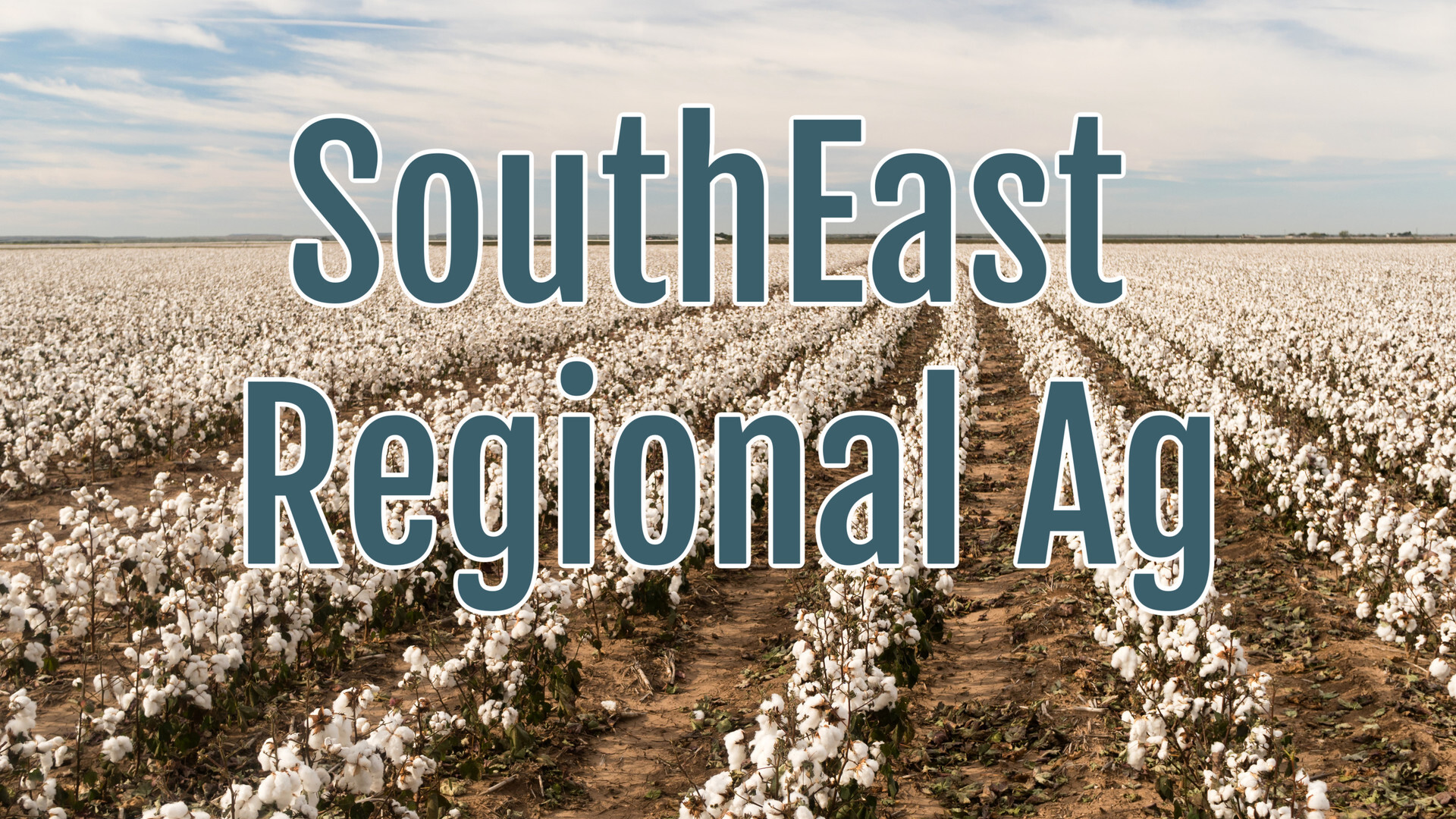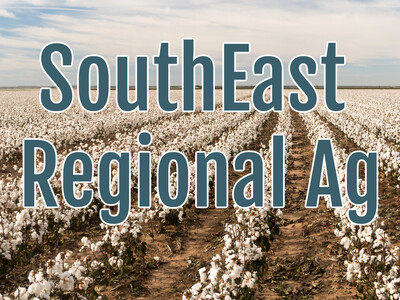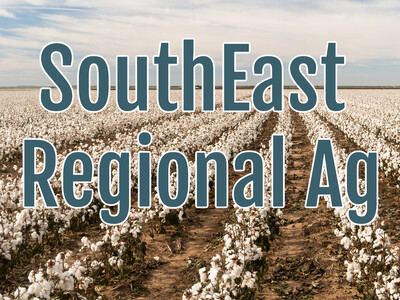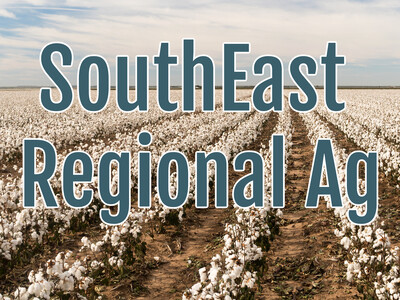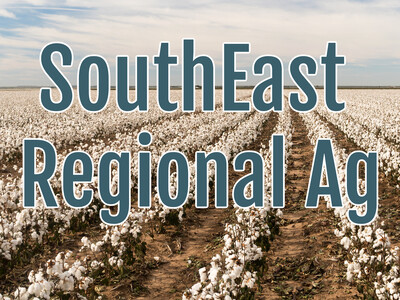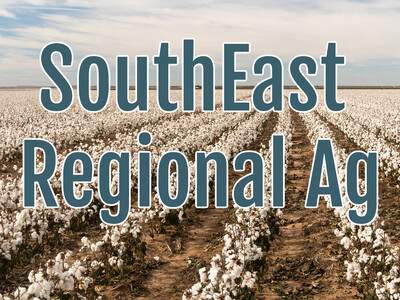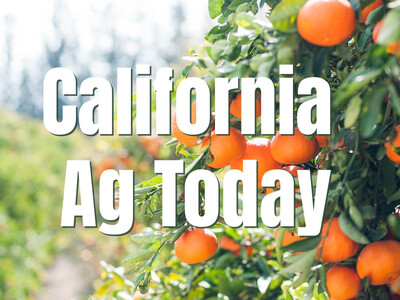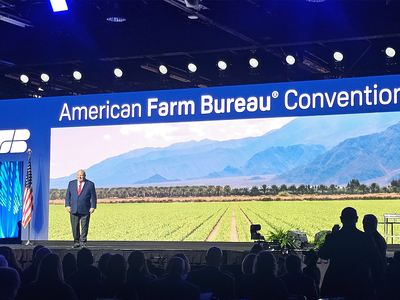Thinking Globally for a Local Commodity
With your Southeast Regional Ag News, I am Haylie Shipp. This is the Ag Information Network.As a wee young farm broadcaster a few decades back, I had one commodity broker who harped on me again and again. “This is a global market,” he’d say, constantly pushing me to think bigger about U.S. commodities and their impact to and from the rest of the world. Today, a look at one of those doors cracking it’s way back open for the poultry industry.
U.S. Trade Representative Katherine Tai says the U.S. and India have now resolved their last outstanding dispute at the World Trade Organization. As a part of the agreement, India also agreed to reduce tariffs on U.S. products like frozen turkey, frozen duck, and fresh and frozen blueberries and cranberries. Tai says the tariff cuts will expand economic opportunities for American agricultural producers in a critical market and help bring more U.S. products to consumers in India.
“Resolving this last outstanding WTO dispute represents an important milestone in the U.S.-India trade relationship while reducing tariffs on certain American products enhances crucial market access for American farmers,” says Tai.
In June, the U.S. and India had agreed to terminate six outstanding disputes at the World Trade Organization.


